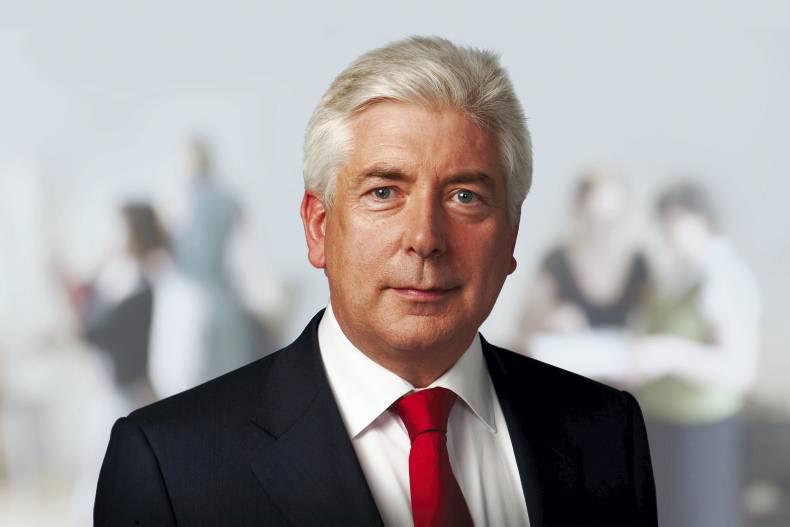Launched by Minister for Energy Alex White, the consultation on renewable electricity supports called for submission for bioenergy, solar, offshore wind, wave and tidal technologies to help determine the supports required. These technologies are seen as complementing the focus on wind energy but must be both technically feasible and cost-effective. The consultation will also explore the potential and value of providing supports to micro-generation and smaller community-based projects.
There is also a consultation for the new renewable heat incentive (RHI). However, this appears to be targeted to encourage larger industrial and commercial heat users to switch to systems that produce heat from renewable sources, including biomass.
The focus on larger-scale operation would come as a blow to smaller-scale operations such as poultry and pig units that could benefit greatly from generating their own heat. Many have to compete with operations in Northern Ireland that have used the RHI to effectively eliminate large heating bills. Smaller operations can use the consultation to make the case for a significant incentive for smaller units similar to what is enjoyed in Northern Ireland. The schemes will be available from 2016 onwards, subject to EU State aid approval.
Emissions
At the launch, Minister White said: “Encouraging the use of renewable electricity and heat sources will help us meet ambitious targets to reduce carbon emissions and tackle global warming."
He is set to publish an Energy White Paper in October, setting the path to transform Ireland’s energy production and consumption patterns so that, by 2050, the system will be largely decarbonised. “One objective is to develop and broaden the range of renewable energy technologies at our disposal, which will also drive innovation and create green jobs,” said Alex.
The focus is needed as the 2009 EU Renewable Energy Directive set Ireland a legally binding target of meeting 16% of its energy requirements from renewable sources by 2020. It is currently at just 8% and faces millions of euro in fines if the target is not met.
Ireland is committed to meeting 40% of electricity demand from renewable sources, as well as 12% of heat demand and 10% of transport fuel. Last October, the European Council reached political agreement on a target of a 40% reduction in European greenhouse gas emissions by 2030. The agreement committed the EU as a whole to increase the proportion of energy it gets from renewable sources to 27%. The consultation will remain open until Friday 11 September.
Read more in next week's Irish Farmers Journal print edition.




SHARING OPTIONS